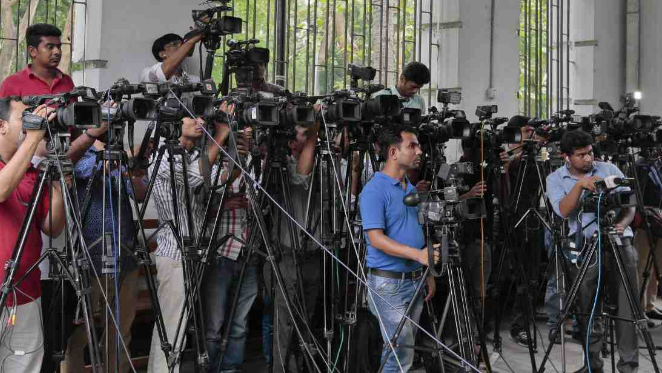
Nearly 1,700 journalists killed over past 20 years: RSF
December 30, 2022January 21, 2022 – General
Journalists working in conflict zones or under authoritarian regimes face serious risks that may require sudden evacuation. GIJN’s guide outlines essential steps for preparing in advance to ensure safety and survival in emergencies.
First, journalists should gather and securely store important documents. These include original and scanned copies of passports, national IDs, driver’s licenses, birth and marriage certificates, academic diplomas, press cards, and vaccination records. It’s crucial to keep both physical and digital backups—ideally encrypted and stored in secure cloud services like Sync.com or Google Drive. Sharing copies with trusted contacts abroad is also recommended.
Next, a one-page emergency profile should be prepared in English. It must include full legal name, birthdate and place, current address, phone numbers, email accounts, and press affiliations. This helps international organizations and embassies respond faster during crises. Personal photos and meaningful documents should also be digitized and stored safely.
Having a plan for potential relocation is vital. Journalists are encouraged to apply for tourist visas in safe countries ahead of time, especially where family members live. It’s also helpful to secure proof of employment or freelance work, as well as recommendation letters from editors or colleagues. These can support asylum claims or temporary residency applications. Memberships in press organizations, such as the IFJ or local journalist unions, further validate a journalist’s professional status.
Security—both digital and physical—must not be overlooked. Tools like GIJN’s Digital Security Guide and risk assessment checklists help identify vulnerabilities. In high-risk environments, reporters should consider protective equipment, first aid training, and encrypted communication apps.
Finally, journalists under threat can seek help from global support organizations. These include the Committee to Protect Journalists (CPJ), Free Press Unlimited, Reporters Without Borders (RSF), and the International Women’s Media Foundation (IWMF). They provide emergency funding, relocation support, legal aid, and mental health services. Some offer fellowships that include housing, stipends, and visas for temporary safety.
Preparation, communication, and strong support networks are essential. These steps can make the difference between danger and survival for journalists working under extreme pressure.
Reference –

